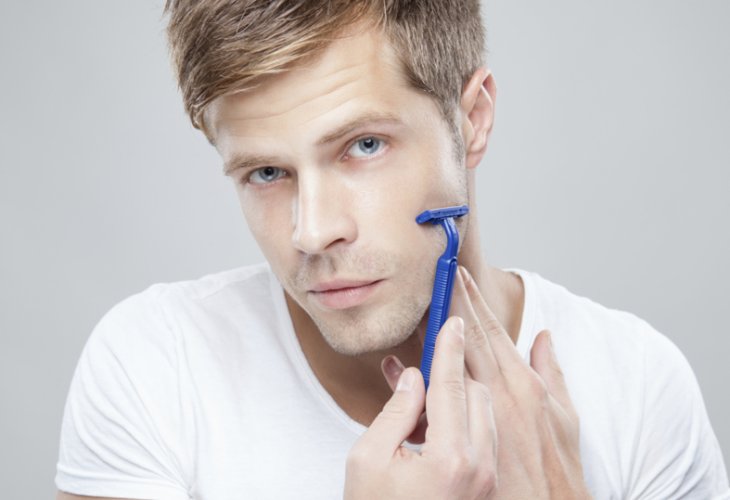Jewish Law
Shaving the Beard in Halacha: Razors, Scissors and Electric Options
Shaving the beard raises important halachic questions. Here’s what classic and modern Torah sources say about razors, scissors and electric shavers
- Hidabroot
- |Updated

The Torah states, "You shall not destroy the corners of your beard." (Vayikra/Leviticus 19:27). What exactly does that mean? The Talmud in Makkot explains that the Torah prohibition applies specifically to shaving with a razor, a blade that cuts the hair at the root and destroys it. However, shaving with scissors, even if the final appearance is similar to a razor shave, is not considered a Torah violation.
Many classic halachic authorities, including the Ritva, wrote that while shaving with scissors is technically permitted according to the letter of the law, it is a pious and proper practice to avoid anything that closely resembles a razor shave, out of concern for appearances and respect for the mitzvah. This opinion is echoed by most early sages and is brought down in the Shulchan Aruch, the main code of Jewish law.
In contrast, using a real razor, meaning a blade that cuts the hair directly and cleanly at skin level is a serious Torah prohibition. Someone who shaves this way is seen by some authorities as unfit to lead the prayers, since they are knowingly violating a severe commandment.
In more recent times, electric shavers have entered the picture. These devices introduced a gray area in halachah. Some of the greatest Torah sages have completely forbidden their use. Others, however, permit them based on how they function.
How Do Electric Shavers Work Halachically?
Most electric shavers contain two key parts: a rotating blade and a metal screen. The blade doesn't directly cut the hair. Instead, it works like scissors and it cuts when the hair is caught between the blade and the screen, which acts as a second surface. Since scissor-style cutting is allowed in halacha, many authorities ruled that such shavers are permissible, even if the shave looks clean and close.
However, there is a newer concern. As shaver technology has improved, manufacturers have designed razors to give an even smoother shave. Some models now allow the blade to cut without the help of the metal screen, which makes the action almost identical to that of a forbidden razor. This change has led some poskim (halachic authorities) to reconsider or restrict the use of electric shavers, especially those that shave extremely close to the skin.
So What Should You Do?
Regarding practical halacha, Rabbi Ovadia Yosef, one of the great Torah leaders of our generation, ruled that if a person uses an electric shaver in a time of real need such as for work reasons or to avoid tension in the home, he does have respected halachic sources to rely on. However, he emphasized that such use must be done carefully, and the person should avoid pressing the shaver hard against the skin.
Even better, Rabbi Ovadia recommended using a shaver that is known not to cut hair at the skin level, or one that leaves a slight layer of stubble, which avoids the halachic concern entirely. And for those who can, he praised the practice of keeping some beard in a neat and respectful way and this satisfies all halachic opinions and preserves the beauty and dignity of the mitzvah.
In conclusion, while halacha permits some forms of shaving, it’s important to understand the details and approach this area with awareness and reverence. If you’re unsure about your specific shaver, it’s always best to ask a reliable rabbi. Honoring our traditions while caring for our appearance is a balance worth striving for and one that brings both personal and spiritual dignity.

